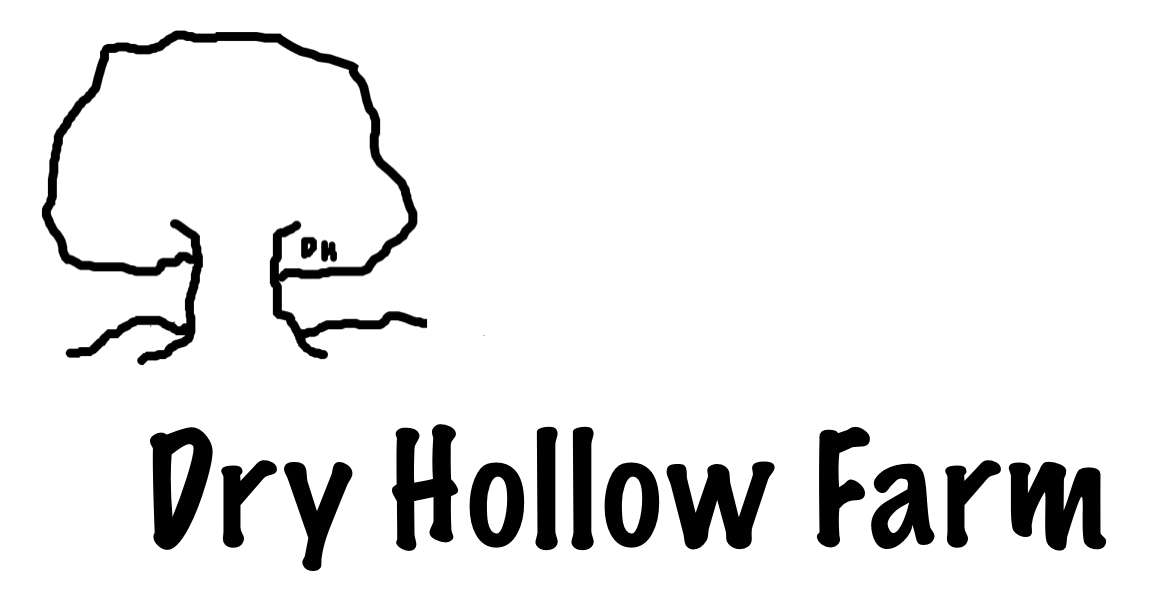Watching the Weather App
According to gardening calendars, the earliest frost date for western Tennessee is October 15th. Once the month of October arrives, we begin watching weather forecasts religiously so we can prepare for these first below-freezing temperatures.
For our farm enterprise, cold weather ends the growing season for many of our plants. For example, the leaves of basil varieties turn black if nighttime temperatures approach 35 degrees. Lemongrass will die back as well.
The key for us is harvesting these herbs as closely as possible to the first frost in order to maximize production. So too, frost will kill luffa vines instantly. If we need to extend the growing season for a few more weeks, we place sprinklers on the vines when temperatures drop. A few hours in the low thirties will not affect their growth if water is sprinkling on them throughout the night.
Usually we have a brief spate of below-freezing temperatures sometime in the middle of the October. However, this year (2023) our fall has been dramatically warmer than usual, and there are no predictions of temperatures approaching freezing for most of October. The first frost will also halt the growth of our pasture grasses. Although our livestock will continue munching their way through pastures and wooded areas for at least another month, we realize hay-feeding time is quickly approaching. How long pasture grazing will prove sufficient depends upon nighttime temperatures and the amount of rain we receive.
Throughout western Tennessee, autumn tends to be a very dry period with little rain. The ground remains hard and compacted, and browse growth will be slow or nonexistent. So - the amount of rainfall also affects the start date for feeding hay.
The last frost in April signals the beginning of planting season for many of our herbs and gourds. The first frost in October (or perhaps November, this year) signals the end of our growing season. It’s the cyclical nature of the agricultural calendar that allows us to plan and prepare for the next season. In all honesty, we usually breathe a sigh of relief when the first frost occurs. No more mowing. No more weed-eating. No more picking off ticks and chiggers. No more weeding garden beds. No more harvesting and drying herbs. No more sweating through our clothes. No more swatting mosquitoes.
The winter months will bring their own set of farm chores, but the change in responsibilities can be rather refreshing when operating an agribusiness. We feel the same once spring arrives and we leave the winter chores behind. Our tasks are always changing, which for us, is a welcome transition.
Dr. Kathryn Bush owns and operates Dry Hollow Farm, a working goat and sheep farm in Huntingdon, Tennessee. Together with her husband, Russell, she creates skincare products from their fresh goat milk, grows organic herbs, welcomes visitors to their two cabins on the farm (available for stays through Airbnb), keeps the farm’s on-site soap shop stocked with their handcrafted products, and enjoys working the farm in company with their Great Pyrenees dogs (who work hard guarding the animals). Check out their natural products featuring farm-grown ingredients here, and sign up for the Dry Hollow Farm newsletter to stay in touch and be the first to hear about farm news, events, and new products.
